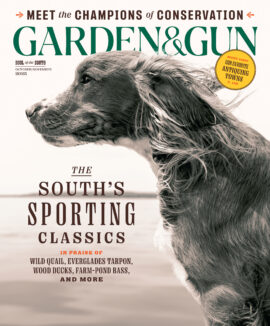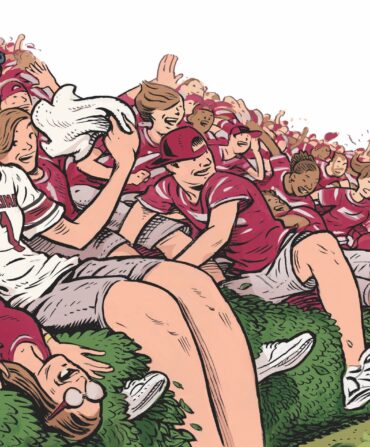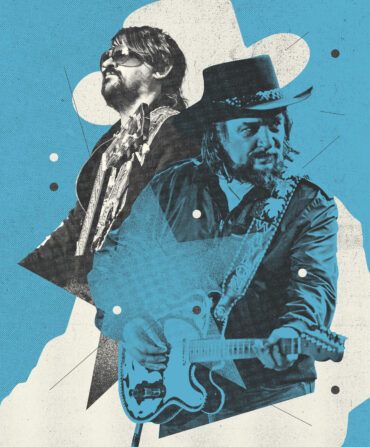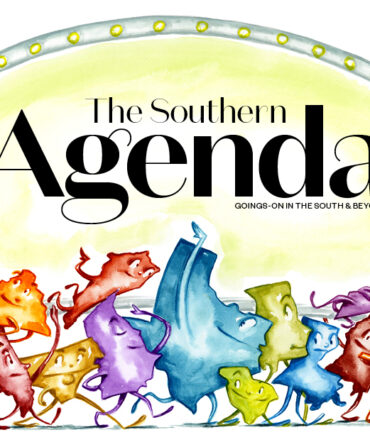Just thinking about all that Reba McEntire has accomplished in her four-decade career is liable to wear you out. She’s topped the Billboard Hot Country charts twenty-four times, won three Grammys, and nabbed more CMA Award nominations than any other female artist in history. She’s played Annie Oakley on Broadway, lent her recognizable drawl to cartoons such as Charlotte’s Web, and reached millions of television viewers as the titular character on Reba, the top-rated WB series for which she won a Golden Globe. And the sixty-five-year-old Country Music Hall of Famer is still breaking new ground—most recently as a podcast host, with her new show, Living and Learning. The conversational series, which McEntire cohosts with her buddy and former Reba costar Melissa Peterman, tackles a different topic with each episode, calling on one subject-matter expert and one celebrity guest (yes, Dolly Parton makes an appearance).
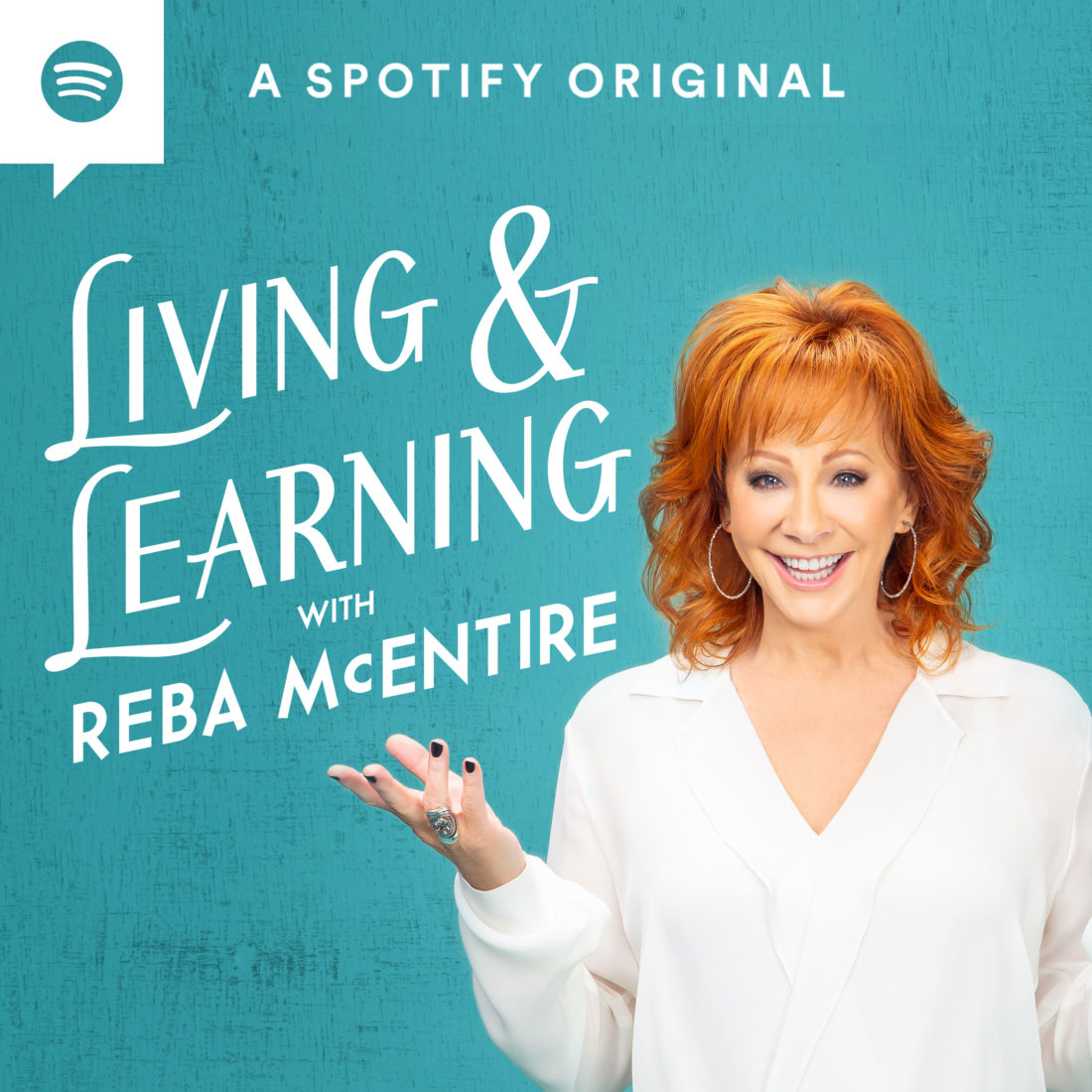
“I’ve loved doing the podcast because it’s getting on subjects that I wouldn’t necessarily talk about—dating at my age, ‘cancel culture,’ how to reinvent yourself, how to deal with rejection,” McEntire says. “It’s kind of like a therapy session for me in some ways.” Opening up about her own struggles and lessons on the air may be new for McEntire, but she sees the medium as a lifeline in isolated times. “With COVID-19, we’ve not been able to tour,” she says. “This has given me another way to connect with my fans.”
Living and Learning debuts today, and is available for streaming via Spotify. We caught up with McEntire about her own experiences with life and learning, from the cattle ranch in Oklahoma to the cowgirl boots she prefers on stage.
Living and Learning is a great title—especially for you, someone who considered being a schoolteacher before your music career took off.
I grow and learn every day about something. I think it is very important, no matter what age you are, to continue to learn. You’ve heard the old saying that you can’t teach an old dog new tricks? Well, I don’t believe that. I don’t care how old you are, you can learn something new every day. That helps your mind to stay crisp, stay creative, and not get dull or tired.
You started singing for big audiences at a young age, playing at rodeos and with your family. What’s one lesson you learned from those early days that you still call back to, even now?
I’ve always believed that I’m up on that stage by the grace of God. He gave me the talent of singing, and so when I’m up on the stage, my job is to entertain those folks who’ve paid their hard-earned money to be there in that arena, auditorium, wherever we are. I take it very seriously: It’s their time that I am taking up, and so when I’m on the stage, my attention is to them one hundred percent. That’s grown over the years. At first, I was nervous, and didn’t know exactly what to do onstage. But the love of performing overcame the nervousness, and nowadays I love it—I can’t wait to get back onstage and do what I get to do.
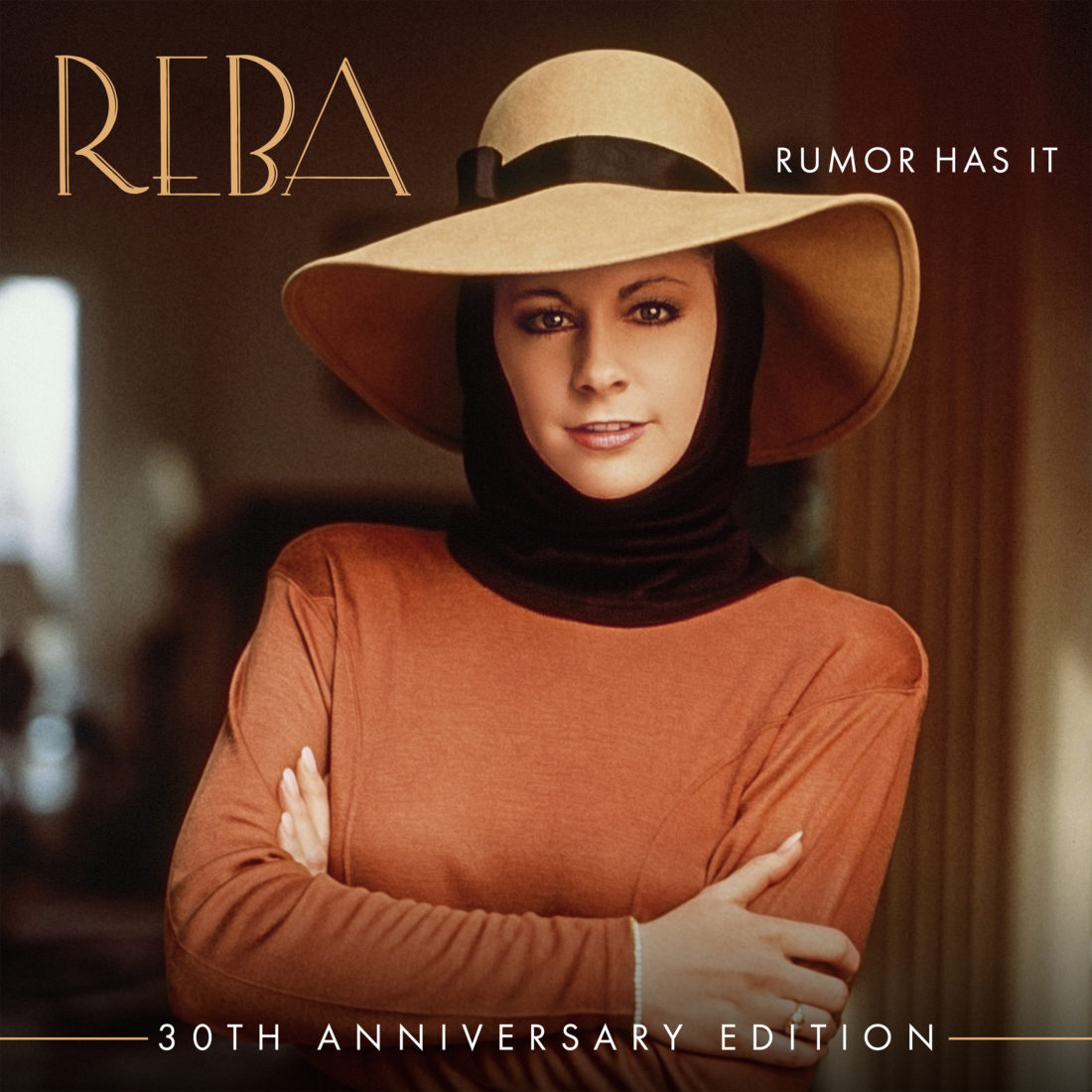
Earlier this month, you released the thirtieth anniversary edition of Rumor Has It. “Fancy,” a single from that album, became one of your signature songs, but you’d wanted to record it for years before you finally did. What made you keep pushing for it, and is there a lesson there for up-and-coming artists?
I’ve always believed that a song will find its home. Bobbie Gentry wrote and recorded “Fancy” in 1968—a huge hit—and it was one of my favorite songs. So when I was recording in the eighties with Jimmy Bowen, who was the head of the record label MCA Records at the time, I said, “Could I re-record ‘Fancy’?” And he said, “Oh, no. You don’t need to do that. It’s about a prostitute!” I said, “Well, I know what it’s about.” [Laughs.] But in 1990, I had [my son] Shelby, and then I wanted to record with a new producer—Tony Brown, who used to play piano for Elvis Presley. We were talking one day, and he said, “Is there a song that you would like to re-record, a hit that’s been recorded before?” And I said, “…‘Fancy’?” He said, “Oh my gosh, that’s my favorite song!” And so we recorded it, and it has been kind of my signature song ever since. I don’t think I persevered or pursued that; I think it was meant to be, and Tony Brown happened to be the next producer, who loved “Fancy,” so it all worked out perfectly. My advice to anybody coming up in the music business, male or female: Keep looking for that right song. Your gut will know it.
What’s one thing about your hometown, or the way that you grew up, that helped make you who you are today?
Well, I grew up on a working cattle ranch in southeastern Oklahoma, a little bitty town called Chockie—that’s where I spent March, April, and May, during the quarantine, after Mama passed away. Learning to work on a ranch really came over into my career, because when you were told to do something, you did it—no back talk—you just did it, unless you had a question of course, about how to do it. But work ethic, taking direction, that paid off whether I’m doing television, Broadway, or on concerts. And being from southeastern Oklahoma, the people there are so giving, so loving, and so neighborly. If anybody’s in a jam, you’ve got a lot of people there to help out.
You’ve had some incredible outfits over the years—shoulder pads, sequins. Do you have a favorite look that you’ve worn, or any styles you hope make a comeback?
One thing I really like to wear are leather jackets, with my cowboy boots and my buckle to portray that rodeo cowgirl side of me. Sandi Spika, back in the nineties, designed some great lightweight jumpsuits that I could wear my belt and boots with, with a lot of fringe. I loved those, and I love boots that are danceable. My Western, cowgirl, tough-sexy look is what I like!
Is there anything that excites you about the future of country music?
Well I’m always excited for country music’s future because of the up-and-coming singers. I’m gonna get to visit with Lauren Alaina soon for the podcast, and she’s a hardworking gal who is very ambitious and competitive and loves to get out there and sing and entertain. And what I’m really excited to see is this: What’s the next change? Because of us being quarantined, there are going to be new ways of doing things, just like here we are on a Zoom interview. We didn’t do that before! New things are going to come out of our quarantine and this pandemic. That’s what I’m looking forward to—seeing what these young kids are going to come up with.

